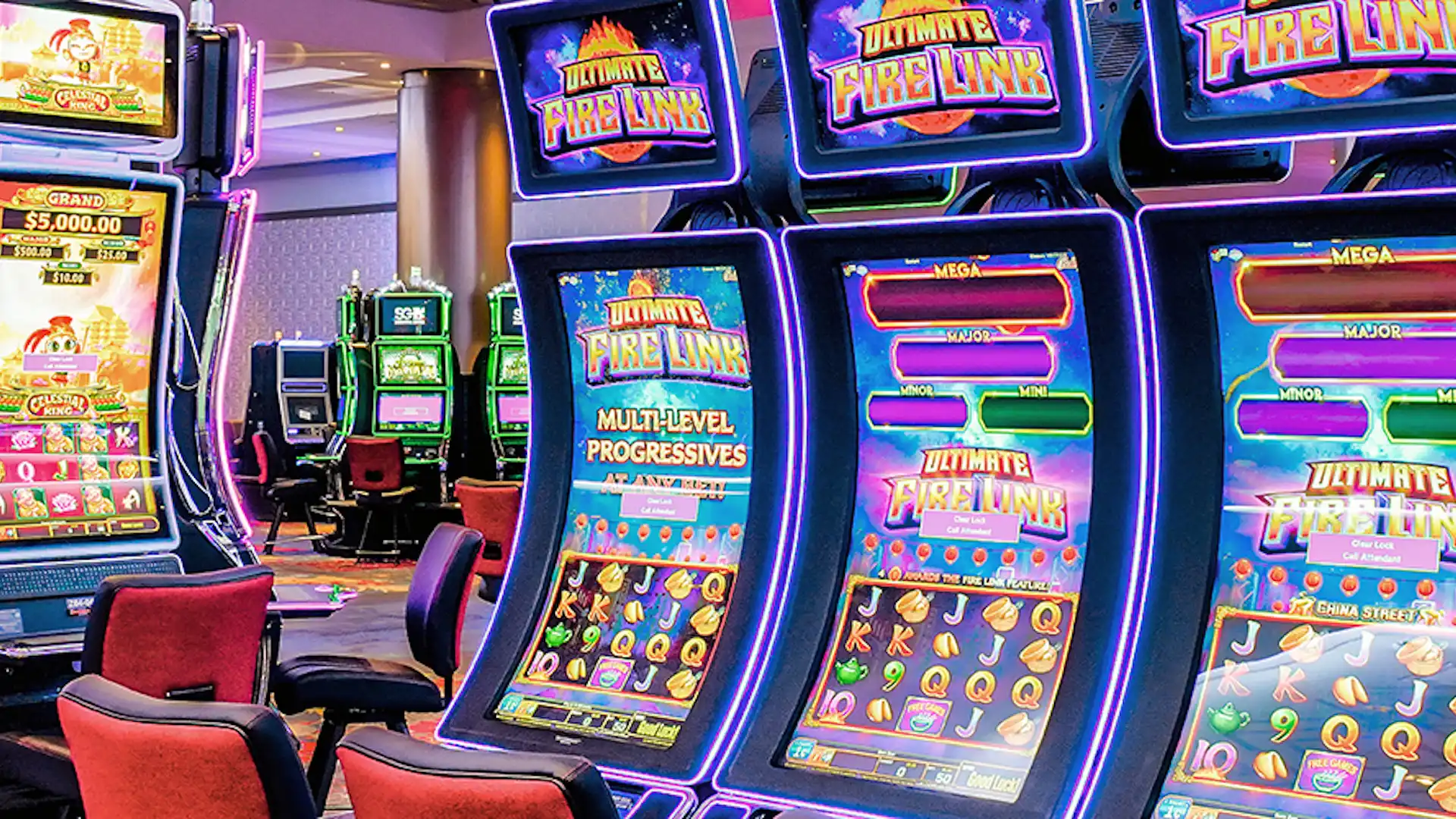
Gambling games have long been a significant aspect of human culture, offering not just entertainment but a fascinating reflection of our dreams, ambitions, and fears. From the rotating wheels of a slot machine to the strategic gameplay of poker, these games represent a variety of human emotions and events. At their core, casino games are not just a chance to win money; they are a reflection of life itself, where risk versus reward merge and fortunes can change in an instant.
As players gather around tables or sit in front of vibrantly illuminated machines, they engage in a tradition that transcends mere betting. These games reflect our natural desires for social interaction, thrill, and the pursuit of luck. They also unveil deeper truths about human nature, such as our relationship with luck and the thrill of uncertainty. In exploring casino games, we uncover not only the nuances of play but also the complex weave of the human story, showcasing our intertwining narratives of goal and reality.
The Psychology of Gambling
Gambling is deeply rooted in human psychology, tapping into various emotions and wants. The excitement of risk-taking is a fundamental aspect that draws players in, be it the excitement of spinning a roulette or the excitement of drawing a winning hand in a poker game. This rush of adrenaline is often compared to other forms of excitement, as the unpredictability of outcomes triggers a unique psychological response. Gamblers often find themselves captivated by the possibility of winning big, leading to an almost magnetic draw toward casino games.
Another, a crucial component of the psychology behind gambling is the concept of optimism and aspiration. Participants often nourish dreams of financial freedom and the luxurious lifestyle that can accompany winning. This optimism fuels their ongoing participation in gambling, as it provides a sense of purpose and the belief that a life-changing win could be just one wager away. The narrative of overcoming odds and finding success resonates with many, reinforcing their dedication to play and engage with these games.
Lastly, social dynamics play a significant role in gambling psychology. Casino environments are designed to promote social interaction, where gamblers gather to share the journey of wins and losses. This shared aspect not only amplifies enjoyment but also affects behavior, as individuals often mimic the actions of others in their vicinity. The collective approval found in mutual thrill can enhance the emotional experience, making casino games a reflection of not just personal desires but also shared involvement within the gambling community.
## The Dual Nature of Risk and Reward
Gambling activities embody the delicate balance between risk and reward that resonates deeply with human psychology. The rush of placing a bet is often accompanied by a rush of adrenaline, as players are confronted with the prospect of striking it rich, yet fully aware of the potential to lose. casino sites not on GamStop UK This twofold experience reflects a essential aspect of life: the choices we make often come with inherent risks, and the chase for gain can drive us to embrace risks we might not normally consider. In this way, gambling activities mirror real-world decisions, enticing players to gamble not just their funds, but also their aspirations.
The allure of jackpot prizes and payouts fuels a sense of optimism, encouraging gamblers to imagine a better future that could arise from a lucky spin of the wheel or flip of a card. This optimism can drive individuals to engage in more daring actions, urging them to extend their limits in search of monetary success. However, just as in life, the consequences of these risks can lead to both victory and loss. The stories of both big winners and those who have lost everything at the tables demonstrate the random nature of chance and its significant effect on our lives.
Ultimately, the experience of engaging with casino games serves as a vivid illustration of the human condition. Every round played is imbued with the tension of risk, as gamblers weigh the gains against the dangers. This balance not only highlights the excitement that comes with betting but also exposes the weaknesses that come with the urge for more. As we explore the challenges of choice and consequence in both the gambling world and in life, we find that the pursuit of risk and reward shapes our character and lives in deep ways.
Community and Loneliness in Casino Culture
Gambling culture is a special mix of social interaction and personal pursuit, reflecting the contrasts of human experience. Players often gather around tables, sharing in the thrill of the action, rejoicing in wins, and sympathizing over losses. This communal aspect is essential, as it establishes a sense of belonging and camaraderie among diverse groups of people. Regular attendees to gaming establishments may build friendships and develop routines, turning the gambling venue into a alternative home where they experience connected to a greater community of players.
However, the allure of gambling activities can also result to loneliness. As players become engrossed in the thrill of playing, they may isolate from personal relationships or neglect to engage with the environment outside the gaming space. For some, the pursuit of a jackpot can overshadow real connections, leading to isolation. The experience of being among people yet experiencing solitary is not uncommon, as the attention shifts from shared enjoyment to the private stakes of each player’s journey.
This interplay of community and solitude creates a rich mosaic that defines casino atmosphere. It showcases the complexity of human interactions, where happiness and despair exist together. Gambling venues serve as both a refuge for social engagement and a platform for individual struggles, demonstrating how deeply connected our desire for connection and the individual quest for fortune can be. In navigating this landscape, players confront their own stories—seeking both the rush of the wager and the fellowship of other players, ultimately mirroring the broader spectrum of individual experience.